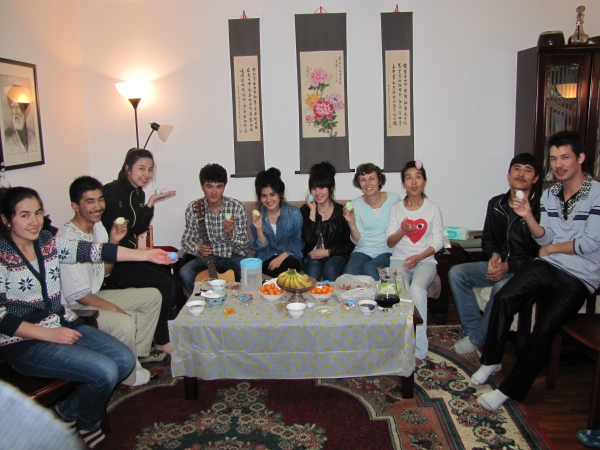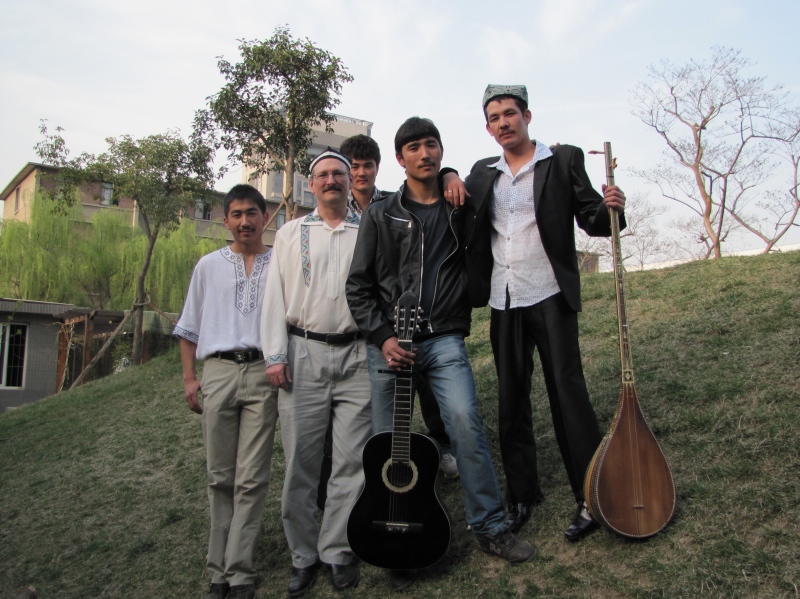When we first arrived in China, most of the roads were relatively empty, with buses making up most of the traffic. Yes, there were a few cars on the road, but they were owned by companies, not private individuals, because at that time (1993) we were told that it was illegal for a private individual to own a car. It appears that several years later, when more and more Chinese were able to afford a car, the law was changed so that cars could be privately owned. And the floodgates were opened.
When we first moved to Beijing (2001) it took about 30-45 minutes to take a taxi from the west side of Beijing between 3rd and 4th ring road to the northeast side of Beijing between the 3rd and 4th ring road. Three years later, the traffic had become so congested that the same route regularly took 90 minutes or more.
In an attempt to limit the number of cars added to an already overworked transportation infrastructure, the Beijing government holds a lottery each month for people who want to purchase a license for a car (you’re supposed to buy a license before you can buy a car). According to this past Monday’s online issue of the Washington Post World, for the month of March, 970,000 people entered the lottery – for the 20,282 plates available for that month.
This statistic tells us at least two things: 1) there were almost a million people in March who wanted to get a license for a car; 2) more than 20,000 cars are added to Beijing traffic each month!


